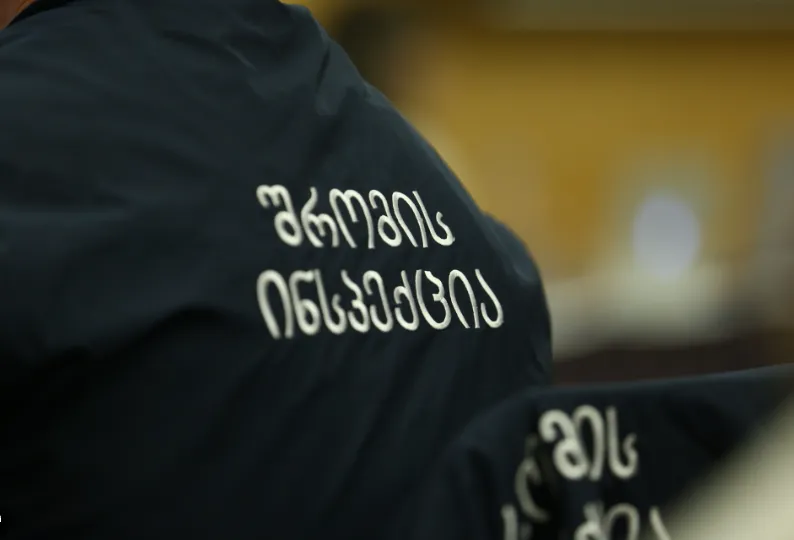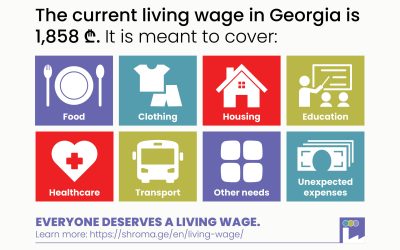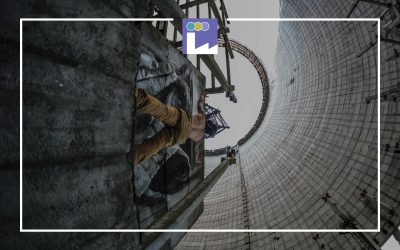The Social Justice Center, in cooperation with the Georgia Fair Labor Platform, has filed a lawsuit in Tbilisi City Court demanding full disclosure of information about inspections conducted by the Labor Inspectorate.
The Labor Inspectorate recently began redacting employer details in reports that the Fair Labor Platform obtained via freedom of information requests. The Platform uploads the reports to its Labor Rights Monitor, a public database of the Labor Inspectorate’s reports.
We believe that concealment of employer information sharply worsens the standard of access to public information in Georgia and will have a negative impact on labor rights protection in the country.
In official correspondence to the Platform, the Labor Inspection Service cited Article 19, Clause 5 of the Georgian Law on Labor Inspection as the legal basis for redacting employer details from reports provided to the public.
In our opinion, however, the Labor Inspection Service’s interpretation of the law is incorrect. The purpose of Article 19, Clause 5 is to protect employees who cooperate with the Labor Inspectorate and to limit improper disclosure of information received by public officials in the course of their duties. Most importantly, Article 19 of the Law on Labor Inspection does not establish additional grounds for withholding information beyond those already provided for by the Administrative Code. Therefore, any decision regarding the release of information must comply with the general requirements established by the Code.
According to the General Administrative Code of Georgia, public information “shall be open, except as provided for by law and for information belonging to the state, commercial or professional secrets, or to the personal data.” (See Article 28.1) However, “professional secrets” is limited to information that includes another person’s personal data or commercial secrets (See Article 27-3). The identity of inspected companies does not constitute personal data or a commercial secret.
Moreover, under Georgian law, data is never automatically considered a commercial secret. There must be an official decision of an administrative body declaring that the information is confidential (See Article 27-2). According to the information available to us, no such decision has been made that would be applicable in this case. Rather, the Labor Inspection Service has redacted the identity of inspected companies arbitrarily and uniformly across the board. This does not comply with the requirements of the Administrative Code.
This Labor Inspectorate’s recent practice is in line with a sharp deterioration in the availability of public information in Georgia in recent years. According to IDFI research, out of 7,582 requests sent to 374 public institutions in 2022, IDFI received answers to only 4,385 applications (58%). That is a decrease of 20% from the previous year and is the lowest rate since 2010.
In the case of the Labor Inspectorate, the failure to share information is extremely problematic for the long-term protection of labor rights. Penalties imposed on employers for labor rights violations are already relatively insignificant. Concealing the identity of inspected companies only makes the situation worse by removing a key factor that could motivate businesses to do better. This seriously undermines the preventive function of the Labor Inspectorate’s mandate.
It should be noted that the Social Justice Center previously won a constitutional case regarding the release of Labor Inspectorate reports in 2017. The government had issued a decree declaring the reports and conclusions of the Department of Inspection of Labor Conditions to be non-public, but the Court found that decree unconstitutional.



